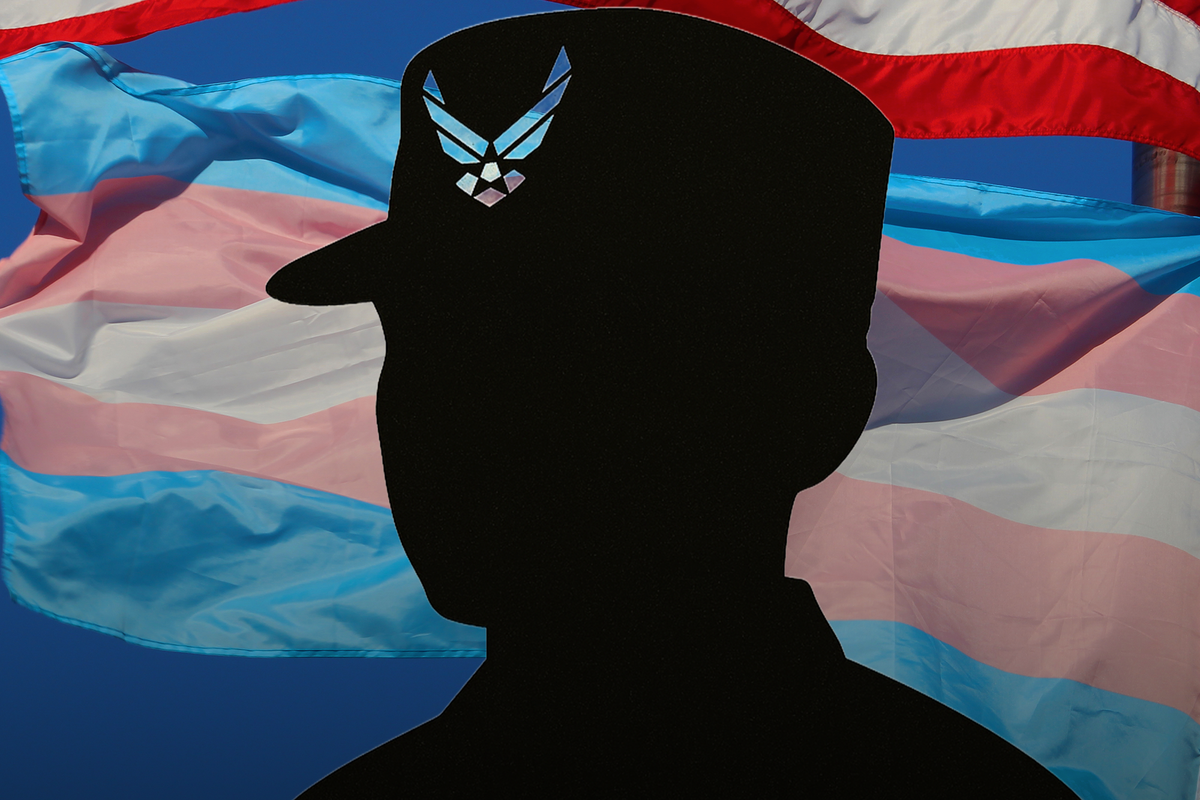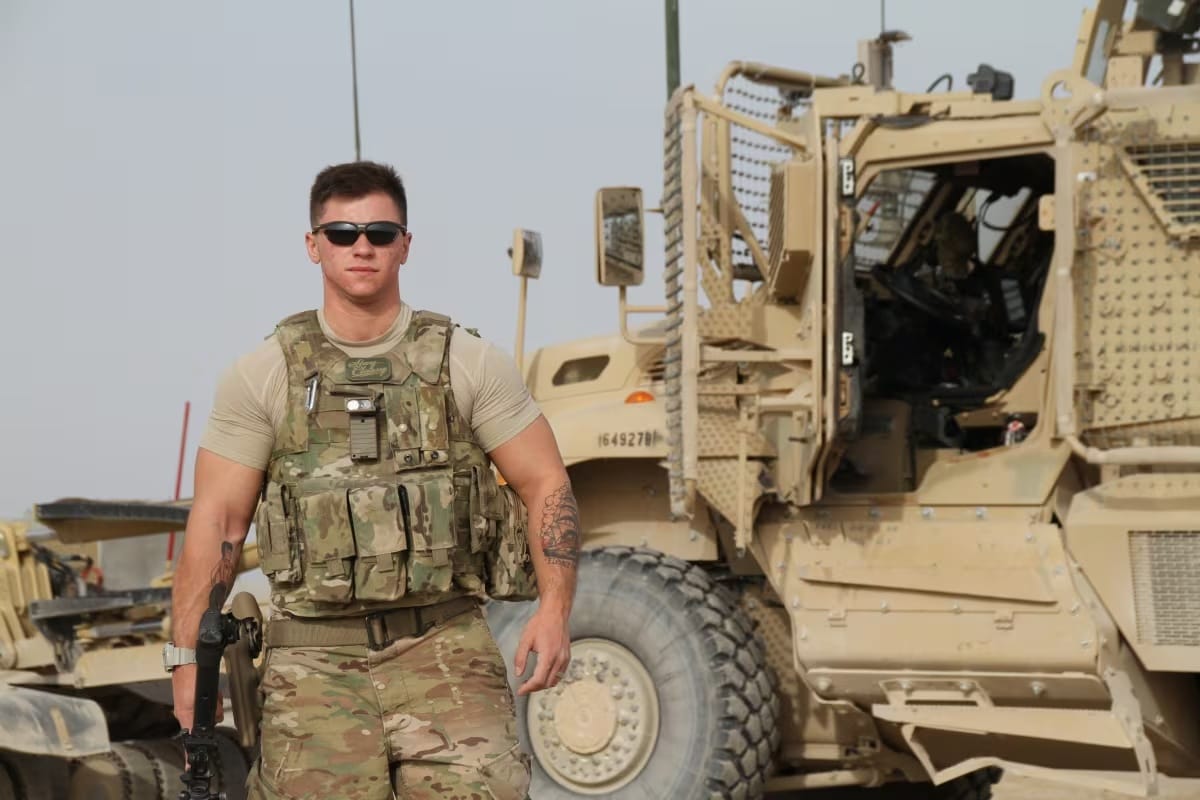US Air Force to deny retirement pay to trans service members

In a move that has sparked widespread criticism and concern, the United States Air Force has announced it will deny early retirement benefits to trans service members who have served between 15 and 18 years. The decision, revealed on Thursday, 7 August means affected personnel will be discharged without the retirement pay typically granted to those nearing the 20-year service mark.
Under the new policy, trans airmen and women will be forced to choose between accepting a lump-sum separation payment - usually reserved for junior troops - or leaving the service without any retirement benefits. The Air Force confirmed that although these service members were permitted to apply for exceptions to the policy, none were approved.
The announcement follows a broader directive from the Trump administration, which has reinstated a ban on trans individuals serving in the military. The Pentagon was given the green light by the Supreme Court in May to proceed with the ban, prompting Defence Secretary Pete Hegseth to introduce a policy offering voluntary separation payouts or involuntary discharge for openly transgender troops.

The policy has already impacted several service members, including Master Sergeant Logan Ireland, a decorated airman with 15 years of service and a deployment to Afghanistan. “I feel betrayed and devastated by the news,” Ireland said, recounting how his chain of command delivered the decision “with tears in their eyes”.
Legal experts and LGBTQ+ advocates have condemned the move. Shannon Leary, a lawyer specialising in employment discrimination, described the policy as “arbitrary and cruel,” adding that lawsuits challenging the decision are likely. “These military members have dedicated their lives to serving our country,” she said.
The Air Force’s decision also reverses prior notifications given to about a dozen service members who had been told they could retire early. Those approvals have now been rescinded, leaving many in limbo.
As of December 2024, the Pentagon reported over 4,200 active duty, National Guard and Reserve troops diagnosed with gender dysphoria - a classification now being used to identify trans personnel. However, officials acknowledge that this figure likely underrepresents the true number of transgender individuals in the military.
The policy shift has raised fears that other branches of the US military may follow suit, potentially affecting thousands more service members. Critics argue that the move undermines the principles of fairness and equality, and risks eroding trust within the ranks.





Comments ()